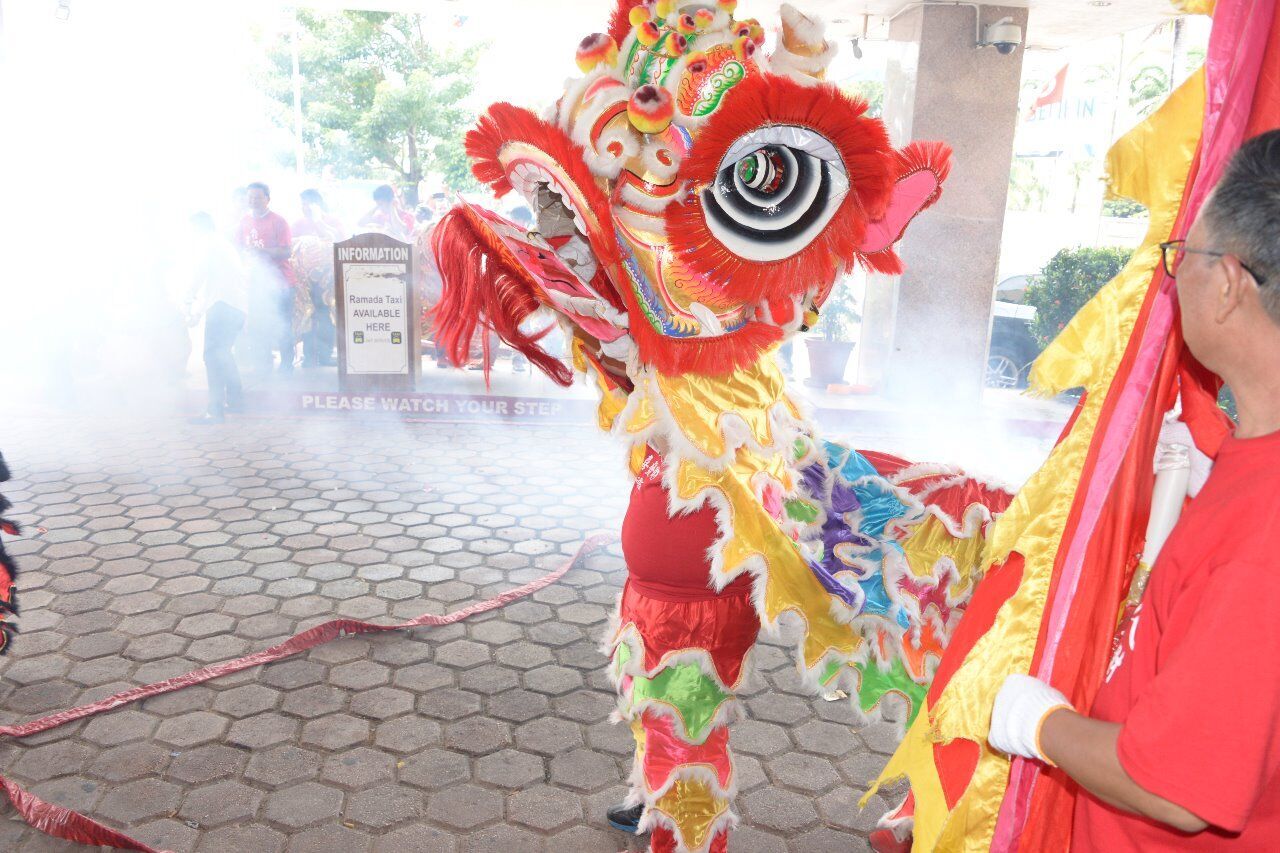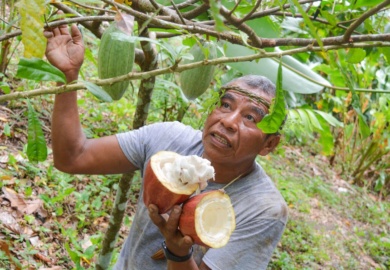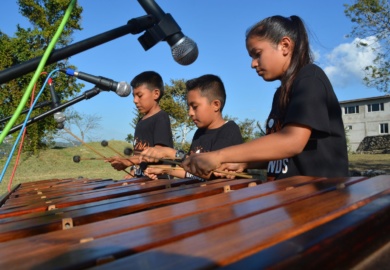The first influx of mainland Chinese nationals arrived in Belize, then British Honduras, in the mid–1860s as sugar cane laborers. Belize’s tropical climate wasn’t kind to them, and a number died as a result of harsh living conditions. Shortly thereafter, a majority of them wandered over to Mexico, where they viewed the living conditions as more suitable.
The ones who remained in Belize settled in Corozal, Orange Walk, and Belize City. They established themselves as small merchants in these three districts, primarily in the dry goods sector.
In the late 1980s, when the Government of Belize established an economic citizenship program as a key policy, the Chinese and Taiwanese took advantage of this opportunity. As such, Belize’s post–Independence era saw a significant growth in these two populations. They co-exist peacefully in Belize, and form part of the Belize Chinese Association. Other Asian groups include the Koreans, and a small number of Japanese.
A close-knit culture
A tight Chinese family structure means cultural practices have transcended generations. Most Chinese businesses in Belize are family owned and operated. And when a family gathers to eat, it’s done as a unit—everyone shares from the same dish and partakes in the feast as an equal.
A traditional evening feast is healthy and filled with a variety of dishes, with a heavy serving of vegetables. Almost all the food is steamed, and consists of few saturated fats. It’s a misconception among many Belizeans that Chinese food is primarily fried chicken, steak, and chow mein. Those are merely locals’ favorites that the Chinese provide.
Chinese social settings also include some form of entertainment. A family’s late meal is often topped off with a game of Chinese dominoes (known as mahjong). At Chinese socials, a wide cross-section of games range from drinking to games of chance.
Two main holidays are celebrated: the Lunar Birthday, and the Lunar New Year. The latter has become one of the most anticipated events in Belize, as event organizers welcome the public to thank them for their year-round support, and hold an annual raffle featuring a wide range of giveaway prizes.
A business niche
The Chinese contribution to Belize’s economy is significant. Older Belizeans will recall the stories of Gonzalo Quinto and Simon Quan—small traders turned business magnates. It didn’t happen overnight, but over a prolonged period of hard work. That’s the business culture that has allowed Belize’s small Chinese community to grow into an important economic contributor.
The more recent Chinese businessmen to settle in Belize are far more aggressive. They’re fearless, venturing into areas where Belizeans would think twice before opening a business. They rise early, and close late. These “corner store” grocers have become staples in their neighborhoods, fondly referred to as “my Chiny” within their localities. Approximately 90 percent of all grocery stores in Belize are now Chinese-owned. Access to financing has helped their rapid expansion, but it’s also the result of years of dedicated hard work and trust building between these small businessmen and their bankers. It’s important to note, however, that post-1981 to about 2010, the Chinese controlled the Belize lottery system, known as “Boledo,” and this may have played a big role in the growth of most major Chinese businesses.
A mixed society
For many years, the Chinese of Belize were misunderstood and viewed as mysterious because the older generations were a more closed unit. Over the last 15 years, however, they’ve been integrating gradually into the mainstream Belizean social structure.
Their presence can be seen in politics, including a Chinese President of the Senate, and at least four Chinese political standard bearers. There are also more Chinese professionals, such as doctors, and interracial marriages. This harmonious relationship can only improve over time.



